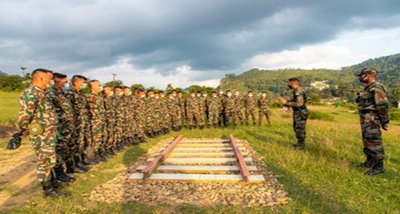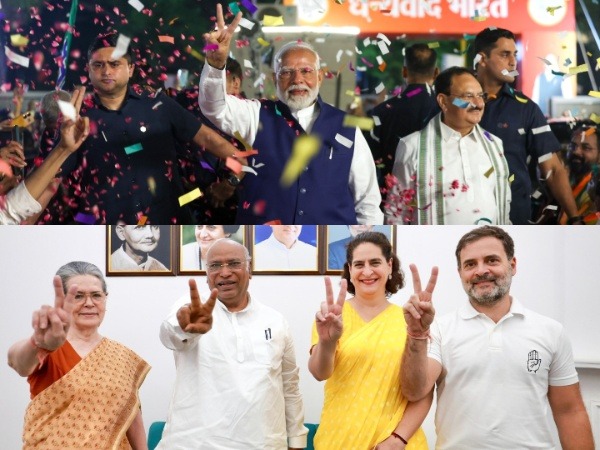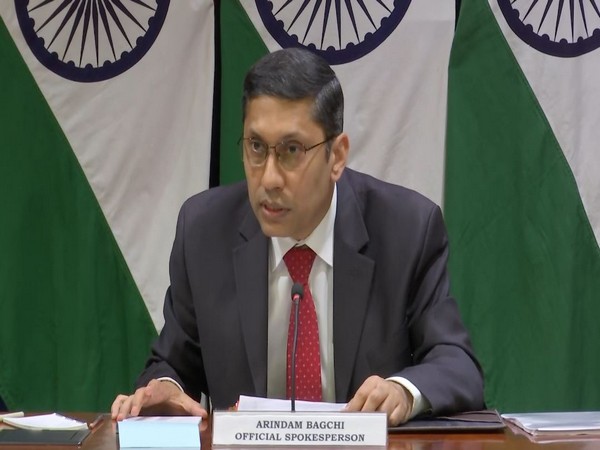The Nepal government has formally requested Moscow to cease the recruitment of its citizens into the Russian military, citing the recent deaths of six Nepali soldiers serving in Russia. The announcement came as a shock, as Nepal has no formal military agreement with Russia, unlike its historical arrangements with the British and Indian armies.
The soldiers in question, known as Gurkhas, are renowned for their bravery and combat prowess. Since 1947, Gurkhas have been serving in the British and Indian armies under a tripartite agreement between the nations. However, no such agreement exists between Nepal and Russia, which has been embroiled in a conflict with Ukraine since its invasion in February 2022.
The Nepali government stated on Monday revealing that six of its nationals, enlisted in the Russian army, had lost their lives. The statement did not provide specific details about the circumstances of their deaths but emphasized the urgency for the immediate return of their bodies and compensation for their families.
“The government of Nepal has requested the Russian government to immediately return their bodies and pay compensation to their families,” stated the Nepali foreign ministry.
Diplomatic efforts are currently underway to secure the release of a Nepali citizen who is serving in the Russian army and has been captured by Ukrainian forces, according to the official statement. The government has also urged its citizens to refrain from joining the military of any war-torn country.
Nepal's ambassador in Moscow, Milan Raj Tuladhar, disclosed to The Kathmandu Post that an estimated 150-200 Nepalis were working as mercenaries in the Russian army. This revelation raises concerns about the potential scale of Nepali citizens involved in military activities abroad.
The Russian embassy in Kathmandu has not yet responded to requests for comments on the matter.
This unexpected development has prompted discussions about the employment of Nepali nationals abroad, with millions engaged in civilian work primarily as laborers in industries and construction sites across South Korea, Malaysia, and the Middle East. The Nepal government's call to halt recruitment into war-torn countries reflects its commitment to safeguarding the welfare and safety of its citizens amid global conflicts.



















